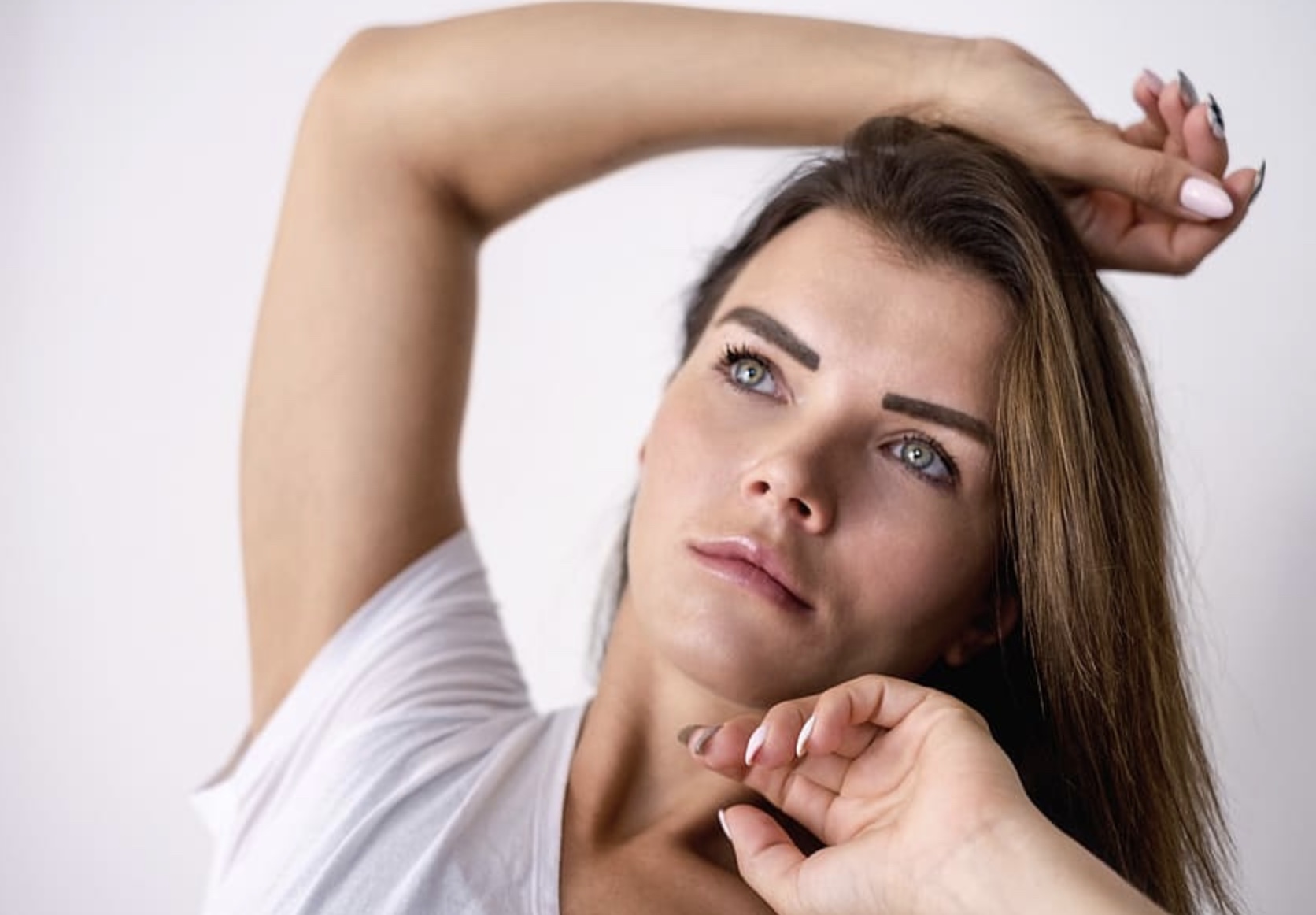For millions of Americans, chronic stress is a normal part of everyday life. And while we’re well aware of the emotional and cognitive side effects of stress, we don’t always acknowledge the relationship between stress and physical beauty.
Chapter Overview
What is Stress?
Stress is a normal biological response that takes place in the body when you perceive a threat. It’s a fight or flight system that equips you with the quick response skills needed to survive a situation.
In earlier days of our evolution, the human stress system was vital for telling people when to run from dangerous beasts in the wilderness or how to respond when a neighboring civilization invaded in the middle of the night. And while there are still times today when we rely on stress to keep us out of dangerous situations, stress has morphed into something it was never designed to be. It’s gone from just being an acute response to a chronic state of life.
When stress occurs, adrenaline and cortisol are released into the body. Your brain commands your adrenal glands to release these hormones, which then team up to help your body decide whether to fight or run from the threat. Hands shake and sweat, heart rate increases, nonessential systems like digestion and immune response shut down, blood flows to your muscles, and your mind becomes laser-focused on the threat at hand.
In acute cases of stress, the adrenaline and cortisol wear off rather quickly after the threat is eliminated. But when the threat is chronic – like an intense job, toxic relationship, demanding schedule, or poor finances – the response is often chronic. And after several weeks or months of experiencing chronic stress, it starts to show.
How Stress Suppresses Beauty
For most of us, the mental and emotional side of stress is something we’re all too familiar with. This includes symptoms like anxiety, irritability, concentration problems, mood swings, compulsive behavior, and even depression. But what about the physical side effects?
As blood flow is channeled to your muscles and your heart rate increases, key bodily systems fail to get the essential vitamins, nutrients, and oxygen they need to thrive. This can lead to a variety of unwanted physical symptoms, including:
- Skin problems. The constant rush of cortisol in your body can lead to inflammation. In turn, this may lead to acne, bumps, rashes, wrinkles, and puffy undereyes. And if you’re prone to an underlying condition like psoriasis or eczema, stress can cause flare-ups.
- Hair problems. Hair loss is normal. (The average person loses somewhere between 80 to 100 hairs per day.) But when hair loss becomes excessive, there’s often a causal factor. Stress is known to accelerate hair loss and/or cause dry, brittle hair.
- Weight gain. The release of cortisol stimulates fat and carbohydrate metabolism, which leads to a surge of energy in the body. As a result, appetite increases, and you start to crave sweet, salty, and fatty foods. This makes you more likely to overeat and gain weight.
While it’s easy to write these issues off as normal aging or some other medical condition, the reality is that stress is often to blame. If you can address the underlying issues, you can reverse course.
Reduce Stress and Enjoy Life
Though easier said than done, the first key to improving your skin, hair, and figure is to reduce stress. And in order to do this, you must tackle the problem at the core. Here are some examples of steps you may take:
- If you’re struggling with getting seven to eight hours of sleep per night, consider seeing a sleep therapist (who is specifically trained to address sleep issues such as narcolepsy, OSA, SDB, etc.).
- Simplify your schedule and get rid of unnecessary professional and social obligations. Give yourself margin in your schedule to relax, read a book, or go for a walk.
- Get at least 30 to 45 minutes of physical exercise per day (ideally outside). The goal is to get your body moving and elevate your heart rate for an extended period of time.
- Improve your diet. Reduce your intake of processed foods, refined sugars, and unhealthy fats. Increase your intake of fresh, organic fruits and vegetables, lean meats, and water.
It’s impossible to totally prevent stress. But if you can eliminate chronic stress and make smarter, healthier lifestyle choices, you’ll notice a positive impact in every area of your life. This includes your skin, hair, and physical beauty.

